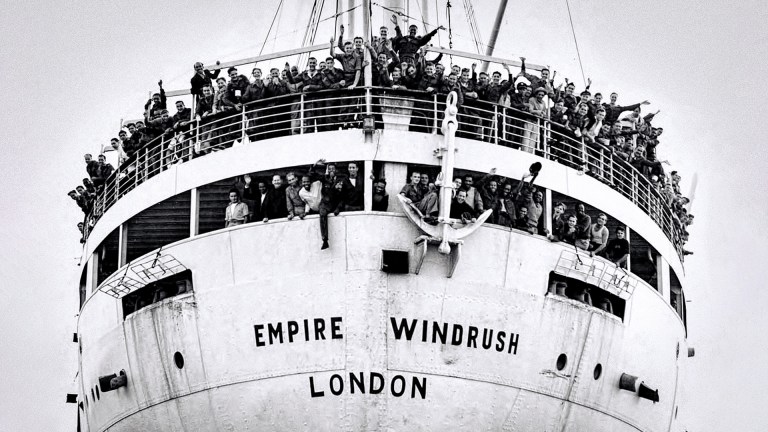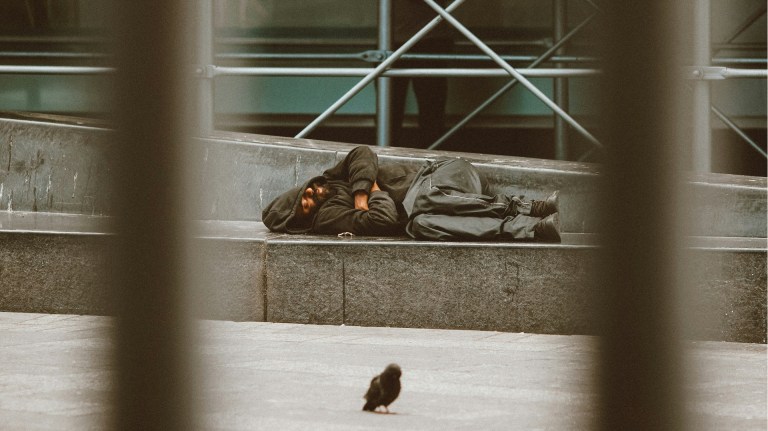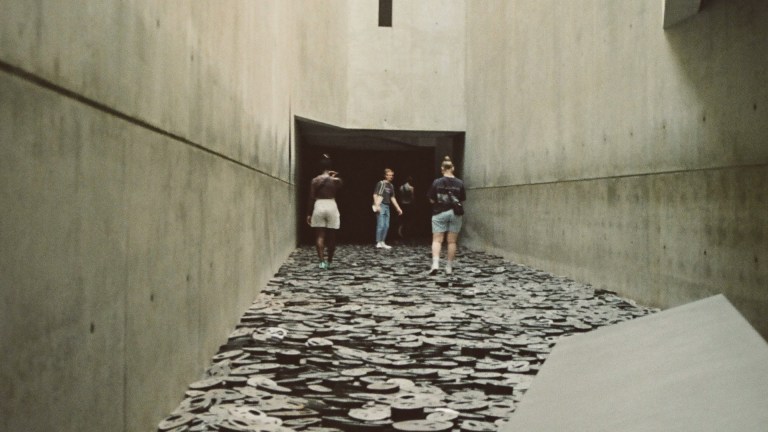When a protester threw eggs at King Charles in York last week, he missed. The protester clearly was a lousy shot. “About five eggs he’d managed to send,” an eyewitness said, speaking as if they were narrating an 18th century morality tale.
There is no great moral to be found. People are affectionate about the King and the royal family. As the protester threw his mis-aimed eggs, he shouted about slavery. The crowd replied with chants of “God save the King”.
I find that part odd. It’s a phrase with decreasing literal meaning. It’s a badge, a way of showing you are part of a tribe. But really, it has little to do with a belief that an eternal being will bring protection. Britain is a land of dwindling faith. Recent data showed the average attendance at Church of England services on a Sunday was around 600,000, less than one per cent of the population.
There is an imbalance between those who call for God to save Charles, the head of that Church, and those who actually go inside the places to put a little more meaning into the phrase. When the details of the 2021 census are published in full soon, they are expected to show that those who identify as Christian will fall below 50 per cent in England and Wales.
There are other faiths, of course, but it’s the drop in identity, and belief, in what many claim to be the religion of the nation, that is marked.
Twenty years ago, the number of people who identified as Christian was closer to 72 per cent. As that faith dwindles, we move to other places of shared joy and communion and a sense of higher powers. We have put a lot of time and focus into social media platforms.






